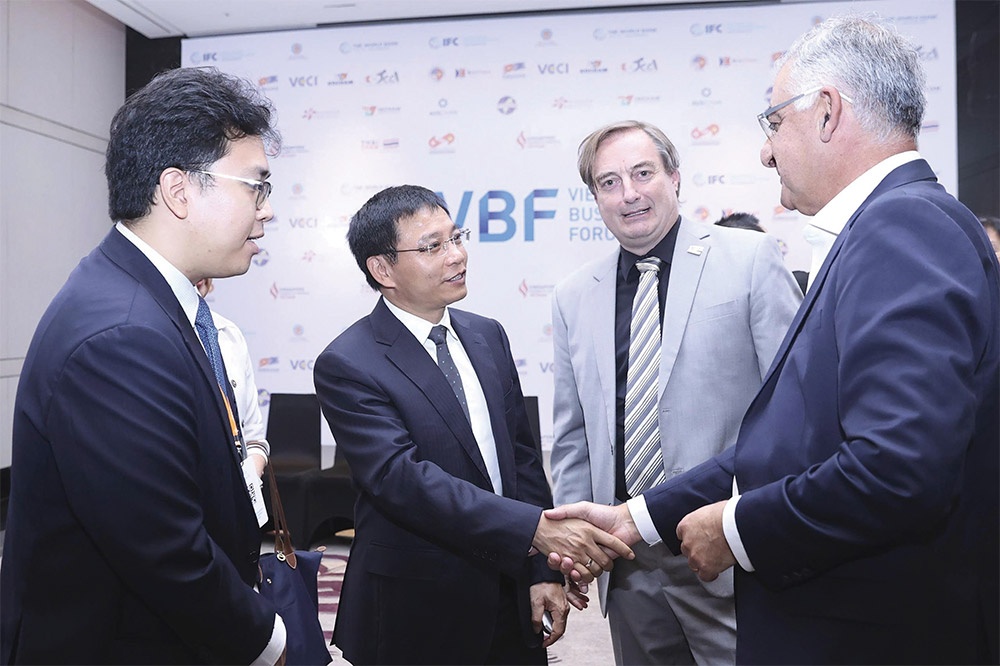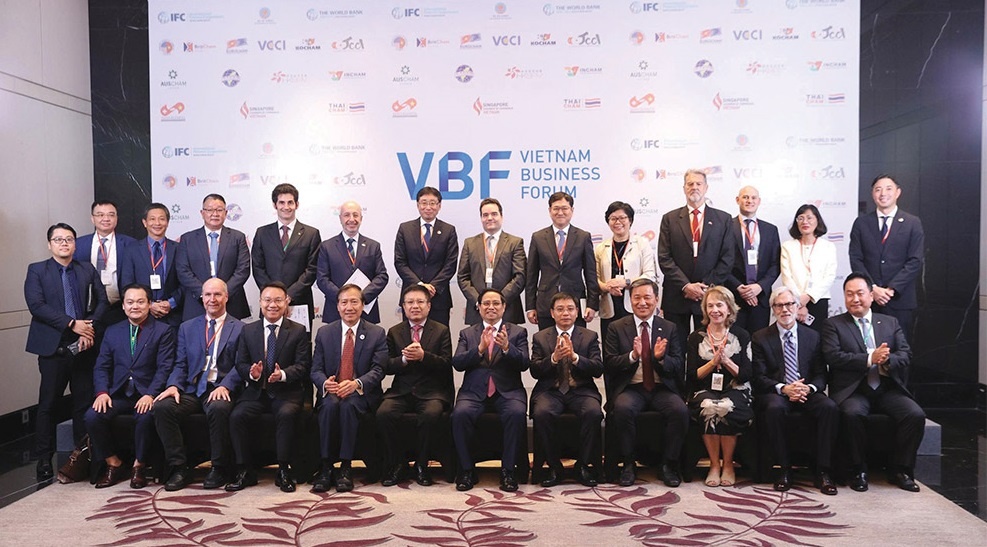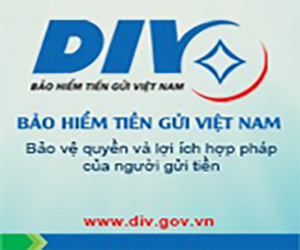 |
After a period of global uncertainty, Vietnam is reasserting itself as one of the most dynamic investment destinations in Asia, as heard at the Vietnam Business Forum 2025 last week.
Prime Minister Pham Minh Chinh emphasised that within a very short time, the Politburo has issued a series of strategic resolutions across key sectors, laying a crucial foundation to promote innovation, improve institutions, and enhance competitiveness.
“Vietnam is making strong efforts in institutional reform, with National Assembly sessions setting records for the number of laws and resolutions passed,” the PM said. “Administrative procedures and business conditions have been streamlined and simplified, while the investment and business environment continues to improve.”
At the event Dau Anh Tuan, deputy secretary general of the Vietnam Chamber of Commerce and Industry (VCCI), said that two major shifts are now shaping the country’s investment landscape: a pressing need to renew mindsets and actions in attracting foreign direct investment; and the growing momentum of the green transition.
“In recent years, foreign investors have become less focused on low costs and more interested in countries that offer transparent governance, robust domestic supply chain links, and a firm commitment to sustainable development,” he said. “Vietnam has responded proactively with political stability, strategic geographic advantages, and a network of next-generation free trade agreements positioning it as a key player in regional value chains.”
VCCI surveys show that business confidence has rebounded sharply, reflecting positive changes in provincial competitiveness and the newly launched Provincial Green Index. Companies have recognised tangible improvements in e-government services, information transparency, and proactive reform efforts by local authorities.
“Vietnam is no longer just a destination for low-cost manufacturing,” Tuan noted. “It is steadily evolving into a hub for high-value production, serving not only global exports but also its expanding domestic market.”
One of the most promising drivers of this transformation is the country’s commitment to green growth and sustainable business practices. VCCI data show a rising number of companies investing in green initiatives, a clear shift in mindset across the private sector. However, access to resources, especially green finance and technical support, remains limited, particularly for small- and medium-sized enterprises.
To realise its ambition of building a green, dynamic, and future-ready Vietnam, the VCCI proposes three core directions: continued institutional reform to improve governance quality, promotion of green investment and enterprises, and empowerment of local authorities in implementing sustainability goals.
 |
| Vietnamese leaders joined representatives of organisations, enterprises, and other groups at the Vietnam Business Forum 2025 last week Photo: Duc Thanh |
From the international business community, optimism towards Vietnam’s potential remains strong. Bruno Jaspaert, chairman of the European Chamber of Commerce in Vietnam (EuroCham), said that five years into the EU-Vietnam Free Trade Agreement, two-way trade has increased by 40 per cent, reaching around $300 billion, which is a solid foundation for deeper cooperation.
EuroCham commends Vietnam’s impressive pace of reform, though notes that rapid policymaking can sometimes outpace implementation capacity. “Going fast is good, but going steady is better,” Jaspaert said. “Even the most agile foreign investors can struggle to keep up when new rules change quickly.”
He added that the first experience of every investor in Vietnam must be smooth and positive. Administrative procedures such as visas, work permits, and business registration, though routine, are effectively “the first handshake” with investors. “If that handshake is firm and friendly, investors will bring not only capital but also technology and trust,” he said.
EuroCham recommends further simplification of administrative processes, greater policy consistency nationwide, faster VAT refund procedures, and expanded incentives for green projects. It also calls for clearer tax rules for capital transfers and broader support for investment in regions with lower economic development levels.
Denzel Eades, chairman of the British Chamber of Commerce Vietnam (BritCham), shared a similar view. He praised Vietnam’s reform momentum but pointed out persistent non-tariff barriers affecting business efficiency and costs.
These include requirements for IT and telecommunications equipment to undergo domestic testing even when certified under international standards; lengthy sanitary and phytosanitary procedures for meat, dairy, and processed foods; inconsistent customs practices; and slow, paper-based approval for pharmaceuticals and medical devices.
“We recommend that the government enhance transparency, harmonise standards with international practices, expand electronic certification systems, and streamline procedures through the Apostille Convention,” Eades said.
Administrative authority and coordination remain key concerns for Japanese investors. Wakabayashi Koichi, chairman of the Japan Chamber of Commerce and Industry in Vietnam, emphasised the need for clearer legal authority and inter-agency coordination in project implementation.
Koichi also highlighted difficulties in obtaining retail outlet licences due to the economic needs test requirement, despite Vietnam’s commitment to remove this barrier under the Comprehensive and Progressive Agreement for Trans-Pacific Partnership (CPTPP).
“We welcome the government’s initiative to amend the decree and hope to see full implementation of national treatment for CPTPP investors,” he said. “In the digital economy, slow approval of e-commerce business licences has also hindered innovation and investment. Accelerating digital licensing will be crucial to support emerging industries and startups.”
All business associations raised three areas for Vietnam’s next stage of development: transparent, fair, and efficient institutions; greener enterprises, finance, and markets; and accountable and empowered local authorities.
Administrative simplification in investment, land, taxation, and customs, coupled with consistent policy enforcement from the central to local level, will also be decisive for Vietnam to capture the full potential of the global supply chain realignment.

















































